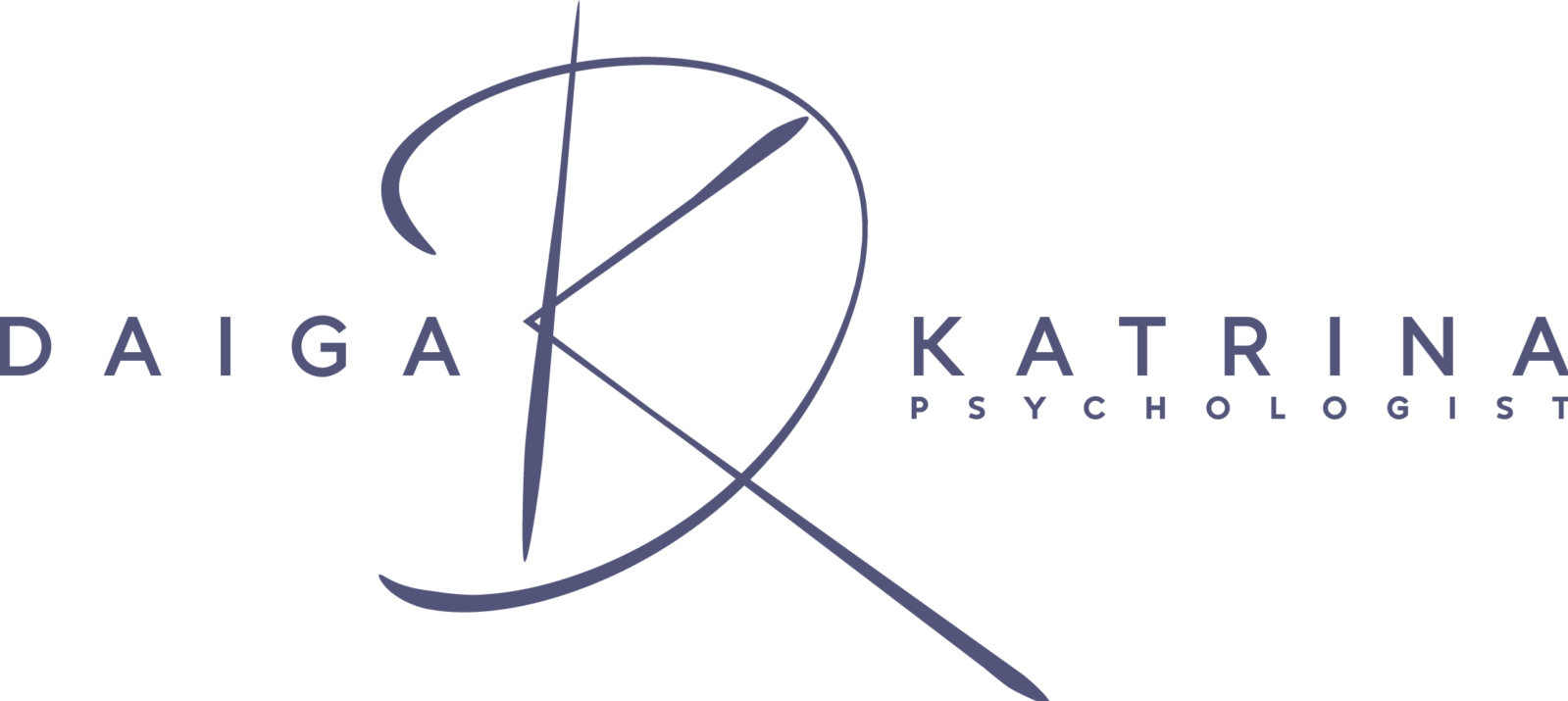For a deeper sense of self, meaningful relationships and a psychologically healthy and soulful spirituality.
-
Visit Our Place
91-6 Čaka Street, Riga
-
Tr. - Ce. 9:00 - 18:00
- Request a visit
How to recognise sales-oriented misinformation on spirituality and positive thinking?
Headlines promising surprising results
Result-oriented headlines are at the heart of virtually any successful sales record. They aim to capture the attention of the target audience the moment they see the lead - telling them that it is possible to get something they want (health, money, peace, harmony, relaxation, entertainment - anything). Having learned that it is possible to get what one wants, the person continues reading. A classic marketing strategy that is not a sin to use. And, of course, it is also used by pseudo-specialists.
It is typical of the sellers of misinformation, toxic positivity and pseudo-spirituality that these headlines are blatant. They promise something out of the ordinary, atypical, perhaps even supernatural, mystical, magical and without boundaries. Hence something very vague.
"Want to manifest everything you want in your life?"
"I was healthy in three days! Do you want to?"
Selling universal values
There is one big rule in qualitative marketing - don't sell a product or service, sell the value it provides (e.g. a person doesn't buy glasses, they buy the ability to see - so advertising copy should be about the ability to see, not the glasses).
In the case of toxic positivism and pseudo-spirituality, universal and therefore very vague values are being sold.
Love, happiness, health, wealth, harmony, peace, contentment, joy. Everything you want. A new reality. The life you imagine. Overcoming obstacles.
Since these words mean something different to each person, the result of these values is immeasurable. So too is the human benefit of the service bought. It is therefore impossible to prove that the service was fake, useless and of no use to the person concerned. Moreover, all these feelings of increased value are linked to the emotional uplift that comes from socialising, receiving attention and sharing personal experiences (which are most often the basis for the provision of such services).
The position of the Rescuer and promises of ready answers
Of course, creating an image of a specialist is a marketing classic. However, what is characteristic of the representatives of positivism and pseudo-spirituality is the saviour (also messiah) approach. Promising a ready-made formula that will change lives.
It is characterised by the words "I did it the hard way", "I know what you need" and "I know how to help you". "I'm coming to save you from your shitty life because I have the magic key to your happiness" style. Also "I want you to be grateful, happy (such and such) every day" style.
Where is the difference from a quality professional? A quality professional will not offer rescue and ready-made answers and one-size-fits-all formulas. Yes, he will make it possible to come and get help, and perhaps give techniques to practise on your own, but he will not rescue and he will not tell you in front of you. Nor will he teach the other how he should feel. Instead, he will create the conditions for the person to find the answers for himself and to see his own resources on which to base his life. Accepting the feelings that are already there (regardless of their positivity or negativity). Moreover, he will not promise that the way will only go up - because sometimes the way up begins with the way down.
Promising quick results with only positive experiences
One thing is important to understand here: gaining a sense of inner balance (which is the basis of positive thinking and spiritual development) is most often a long and quite thorough work with oneself, which includes ups and downs, beautiful moments and painful ones to the core. Spiritual development happens through inner transformation, and one of the basic components of transformation is loss. For in order to be reborn in a new form, one must let go of the old.
So, forgive me - the result is simply not there, neither quick nor always positive.
The denigration and division of classical methods, division as such
For example, the denial of Western medical methods. Denial of academic education, of the scientific approach.
Divisiveness is, in fact, the main feature that distinguishes a truly spiritual and positive person from a pseudo. Black and white thinking (one good, one bad).
Reference to the latest research
Indeed, in recent years, science has been discovering things that make us rethink the way we see the world, and we can and should refer to research. However, what is characteristic of pseudo-specialists is the tendency to present only positive results, ignoring criticisms and the limitations of research. In addition, hypotheses are often presented as truths, for which there is a possibility of truth but no real evidence yet. There is also a very superficial understanding of scientific issues, which consequently creates room for false interpretations. Research results are often generalised inappropriately to fit the context of the product being sold. For example, contemplative meditation shows positive results in studies. So anything that I run that looks like meditation will show positive results.
Similarly, unrelated facts are often linked together, giving the impression that they are mutually valid. For example, I was cured by meditation -> I can teach you to be cured by meditation -> Joe Dispenza was cured -> You can attract wealth by meditation -> I can teach you to become rich.
There is an interesting contradiction here. On the one hand, there is a rejection of the classical approaches (which are most often scientifically sound), and often a sceptical attitude towards the scientific approach itself. However, there is reference to studies that support a particular (favourable) view.
Raising your authority at the expense of established people
A classic marketing strategy is to sell a product through the faces of recognisable people. This area is no exception. If we can't get Joe Dispenza on our IG Live, we can at least refer to him in our posts to justify our methods. That's fine as long as the work of these people is accurately reflected, without adding personal touches to the story.
"We are changing the world because Nelson Mandela did!"
I always looked at this ad and wondered what Mandela would say, and whether this company had sorted out the copyright for using Mandela's name.
Feeding your ego, including ascribing special abilities to yourself (sometimes)
Here again, one thing must be understood: as one grows spiritually, one becomes wiser and more able to transcend the ego and accept oneself and others without judgement.
The red pseudo-flag should be raised when a person flaunts his spirituality and is often convinced that his spiritual wisdom makes him more special than others. To make an impression (which is very useful in marketing) and to boost self-esteem - it fits. However, this is not spirituality. It is spiritual narcissism, a psychology term that I would like to cover in a separate post.
Some important things for parting words
I realise that I am being quite dramatic by publishing something like this. However, I would also like to conclude by saying a few things that "vindicate" the pseudo-specialists.
First, there is always some truth in pseudo-specialist information. So it cannot be said that these accounts are 100% stupid or harmful. Someone can really help. Especially in the short term.
At the same time, of course, I have the complaint that in the long run it harms those specialists who are serious about these things (because pseudo-specialists devalue public perception of the field as a whole); the existence of such news (and the lack of resistance) essentially harms people's critical thinking; and it harms the classical approaches (e.g. medicine) as well.
Secondly, unlike purposefully created disinformation, pseudo-specialists are more likely to operate on the basis of ignorance and misinterpretation, which can be caused by simple inattention and lack of access to complete information, errors in thinking, and defence mechanisms in the psyche that (sometimes rightly) prevent people from seeing information differently. Most often, people themselves believe what they say and share their vision with the best of intentions. I have not yet decided whether this is an excuse and a reason not to shoot them in the ears and say - wake up!
Why am I writing about this? What hurts me in all this?
I am someone who studies spirituality on a professional level. When I see pseudo-content, I realise that the topics I stand for are being devalued and stereotypes and prejudices (which already exist) are being cultivated about them. So I have to make an extra effort to be taken seriously in what I do.
I am not a denier. On the contrary, everything that pseudo-spirituality and toxic positivism talk about is close and familiar to me. I do yoga, meditate, consciously follow my thought process, have experienced expanded states of consciousness and encountered the (relatively) supernatural. I even talk about all this with my clients in psychological counselling sessions. These topics are a natural part of my daily routine. However, none of this takes away from critical thinking.
To sum up, I do not deny that the phenomena that the pseudo-specialists are talking about exist. However, I would like information on these topics to be presented in an undistorted form.
Search
Topics
Recent publications
- Why workplace spirituality is the key to organisational flourishing

- How to find the meaning of life?

- Common misconceptions about what contributes to a sense of meaning in life

- Why is a clear identity and sense of self a prerequisite for a psychologically healthy spirituality?

- What does it mean to become an adult? - The five levels of consciousness described by Robert Kegan

The content of this website may only be quoted, reproduced, republished and otherwise distributed in accordance with applicable copyright laws. For commercial use of the content, please contact and obtain permission.








